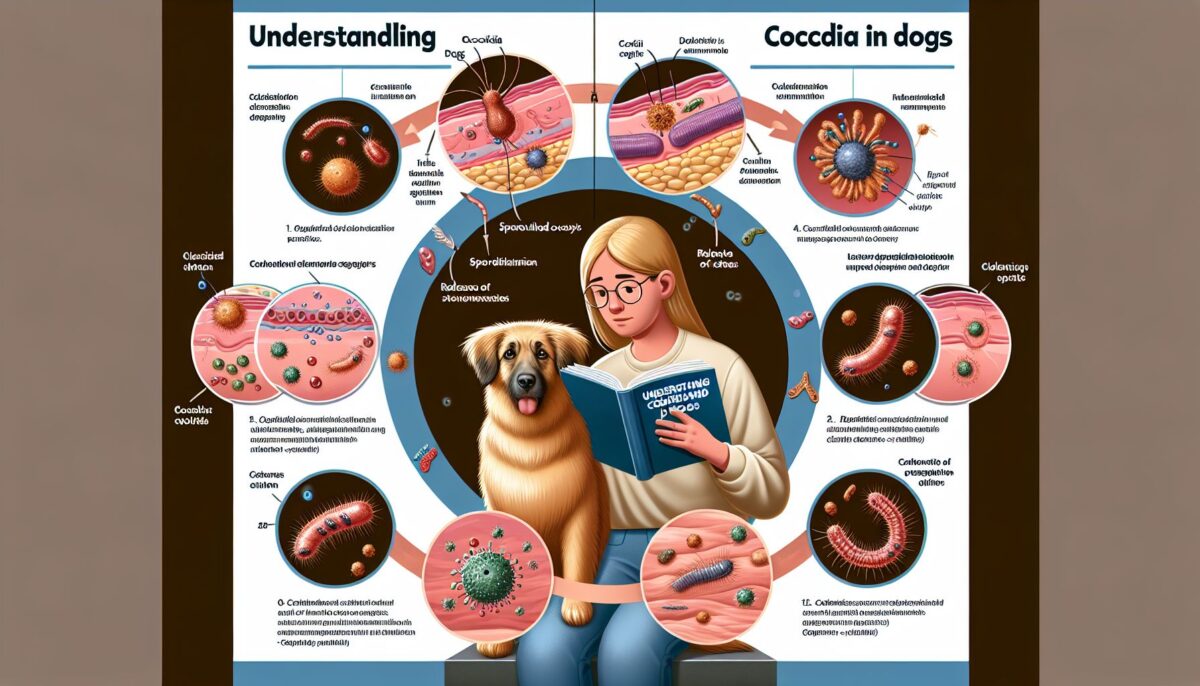As a female dog owner, you want to do everything you can to keep your furry friend happy and healthy. However, there are certain health issues that can sneak up on even the most diligent pet parent. One such issue is coccidia, a common parasite that can affect dogs of all ages. In this blog post, we’ll discuss what coccidia is, how it can impact your dog, and what you can do to prevent and treat it.
What is Coccidia?
Coccidia are single-celled parasites that can infect the intestinal tract of dogs. These parasites are commonly found in the environment and can be ingested by dogs through contaminated soil, water, or feces. Once inside the dog’s intestines, coccidia multiply rapidly, causing damage to the lining of the intestines and leading to symptoms such as diarrhea, dehydration, and weight loss.
How Does Coccidia Affect Dogs?
Coccidia can affect dogs of all ages, but it is most commonly seen in puppies and younger dogs with weaker immune systems. Infected dogs may show symptoms such as diarrhea, which can be mild or severe depending on the level of infection. In severe cases, coccidia can lead to dehydration, lethargy, and even death if left untreated.
Preventing Coccidia in Dogs
Preventing coccidia in dogs starts with maintaining good hygiene practices. Make sure to clean up your dog’s feces promptly and dispose of it properly to prevent the spread of coccidia in your yard. Additionally, avoid letting your dog drink from standing water sources that may be contaminated with coccidia. Regularly cleaning your dog’s living area and providing clean, fresh water can also help prevent coccidia infections.
Treating Coccidia in Dogs
If your dog is diagnosed with coccidia, your veterinarian may prescribe medication to treat the infection. It’s important to follow your vet’s instructions carefully and complete the full course of treatment to ensure that the infection is fully cleared. In severe cases of coccidia, your dog may require hospitalization for supportive care, such as intravenous fluids to treat dehydration.
Conclusion
Coccidia is a common parasite that can affect dogs of all ages, but it is most commonly seen in puppies and younger dogs. As a female dog owner, it’s important to be aware of the signs and symptoms of coccidia so that you can seek treatment promptly if needed. By maintaining good hygiene practices and taking your dog to the vet for regular check-ups, you can help prevent and treat coccidia infections in your furry friend. Remember, a healthy dog is a happy dog!
